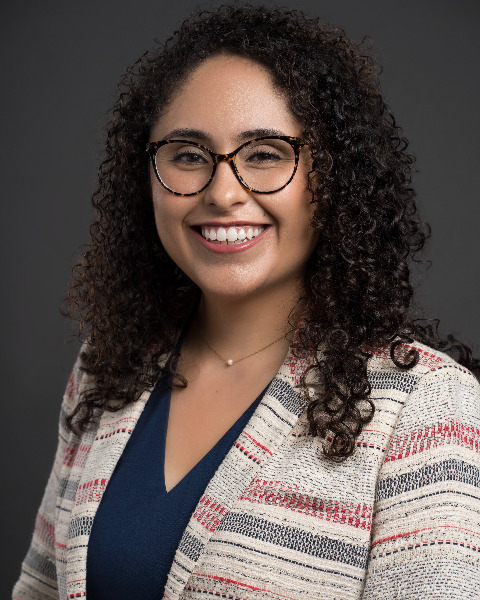Back
Introduction: In 2018 the American Association of Medical Colleges (AAMC) reported that only 5.8% of physicians and 3.2% of US medical school faculty were of Latinx origin. Literature supports that underrepresented residents face additional training burdens such as microaggressions and minority tax secondary to race/ethnicity. We sought to explore barriers that Latinx urology residents faced while applying to residency and challenges unique to residency training.
Methods: Latinx urology residents (post-graduate year two and above) were recruited from a convenience sample database. Ten semi-structured individual phone interviews were conducted using a topical question guide about medical school urology exposure, residency interview experiences, current residency perspectives, fellowship and future employment plans. Notes and illustrative quotes were taken throughout the interviews as described in Grounded Theory. An iterative line-by-line, open-coding approach of the collected data was completed until saturation was achieved. Initial codes were combined and grouped into thematic categories and subcategories.
Results: Our qualitative analysis yielded themes (Table 1) related to the importance of early exposure to urology, the impact of diversity, and mentorship throughout the residency application process and training years. Additional factors affecting fellowship training and future employment plans were identified, such as subspecialty diversity, variable mentorship, financial debt, and working with underserved populations. Challenges unique to first-generation trainees were also characterized, such as family understanding of urologic training and self-navigating spaces.
Conclusions: This qualitative analysis of Latinx urology trainees documented unique barriers and experiences that can make residency training more challenging. Strategic planning and development of resources are necessary to support trainees and influence better future academic faculty representation. SOURCE OF
Funding: n/a

Moderated Poster Session
Session: MP57: Diversity, Equity & Inclusion: Increasing Representation in Urology
MP57-08: Recruiting and Retaining Latinx Residents in Urology: The Trainee Experience
Sunday, April 30, 2023
9:30 AM – 11:30 AM CST
Location: S405

Gabriela Gonzalez, MD, MPH
Resident Physician
UC Davis Urology
Poster Presenter(s)
Introduction: In 2018 the American Association of Medical Colleges (AAMC) reported that only 5.8% of physicians and 3.2% of US medical school faculty were of Latinx origin. Literature supports that underrepresented residents face additional training burdens such as microaggressions and minority tax secondary to race/ethnicity. We sought to explore barriers that Latinx urology residents faced while applying to residency and challenges unique to residency training.
Methods: Latinx urology residents (post-graduate year two and above) were recruited from a convenience sample database. Ten semi-structured individual phone interviews were conducted using a topical question guide about medical school urology exposure, residency interview experiences, current residency perspectives, fellowship and future employment plans. Notes and illustrative quotes were taken throughout the interviews as described in Grounded Theory. An iterative line-by-line, open-coding approach of the collected data was completed until saturation was achieved. Initial codes were combined and grouped into thematic categories and subcategories.
Results: Our qualitative analysis yielded themes (Table 1) related to the importance of early exposure to urology, the impact of diversity, and mentorship throughout the residency application process and training years. Additional factors affecting fellowship training and future employment plans were identified, such as subspecialty diversity, variable mentorship, financial debt, and working with underserved populations. Challenges unique to first-generation trainees were also characterized, such as family understanding of urologic training and self-navigating spaces.
Conclusions: This qualitative analysis of Latinx urology trainees documented unique barriers and experiences that can make residency training more challenging. Strategic planning and development of resources are necessary to support trainees and influence better future academic faculty representation. SOURCE OF
Funding: n/a

